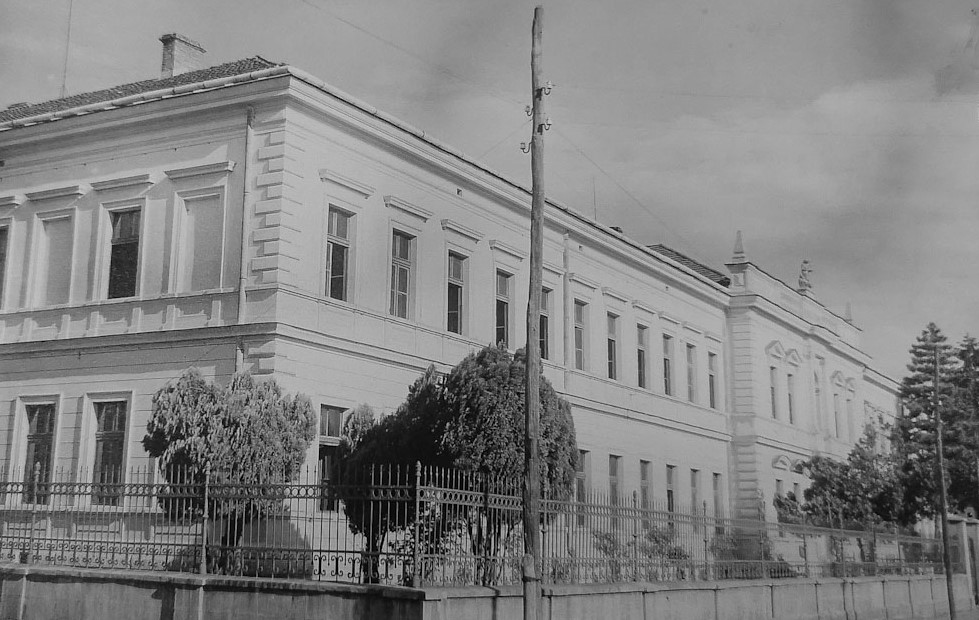
School of Economics and Trade was founded, inheriting the tradition of the former Trade Academy in Zaječar. It was located in part of the Gymnasium building, today Ljuba Nešić School, and was led by the principal Evgenije Nešić.
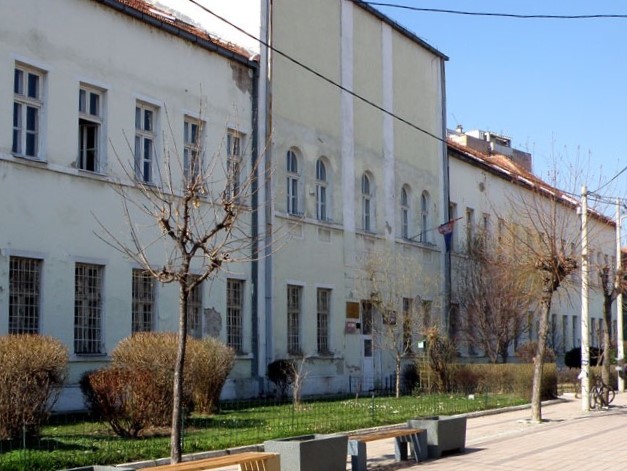
The school was moved to the building of the former Girls’ Primary School, today’s Jelena Majstorović School.
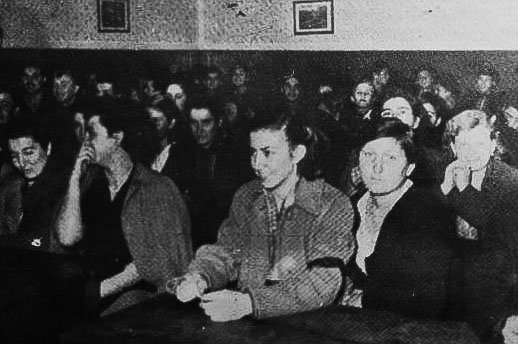
Renamed into High School of Economics.
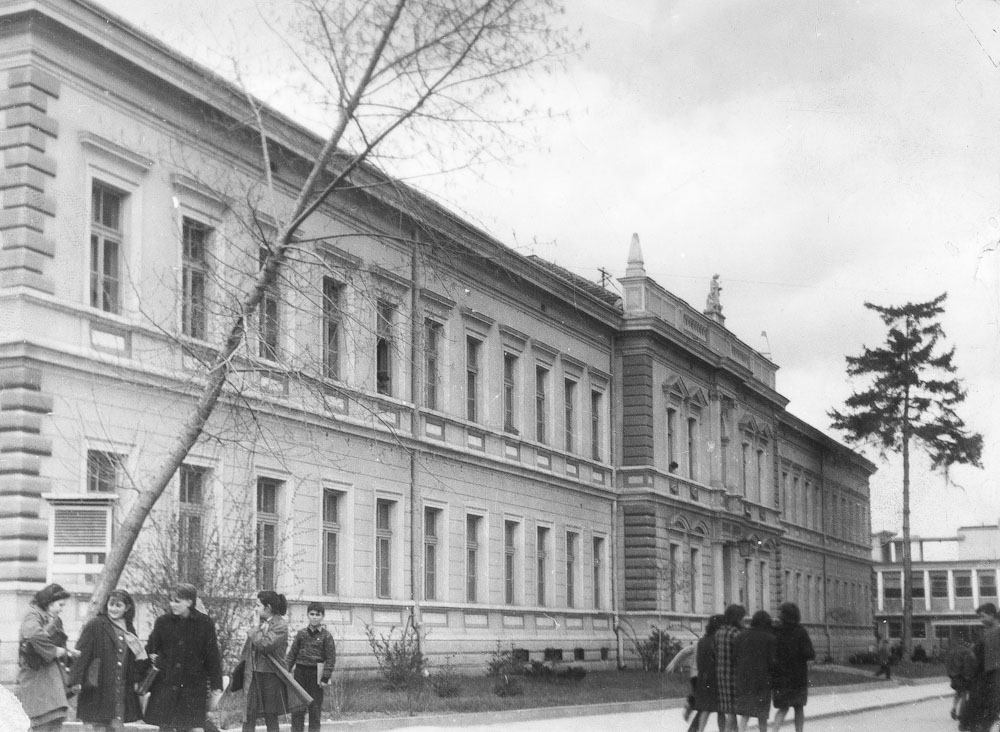
Returned to the former Gymnasium, current Ljuba Nešić School's building.
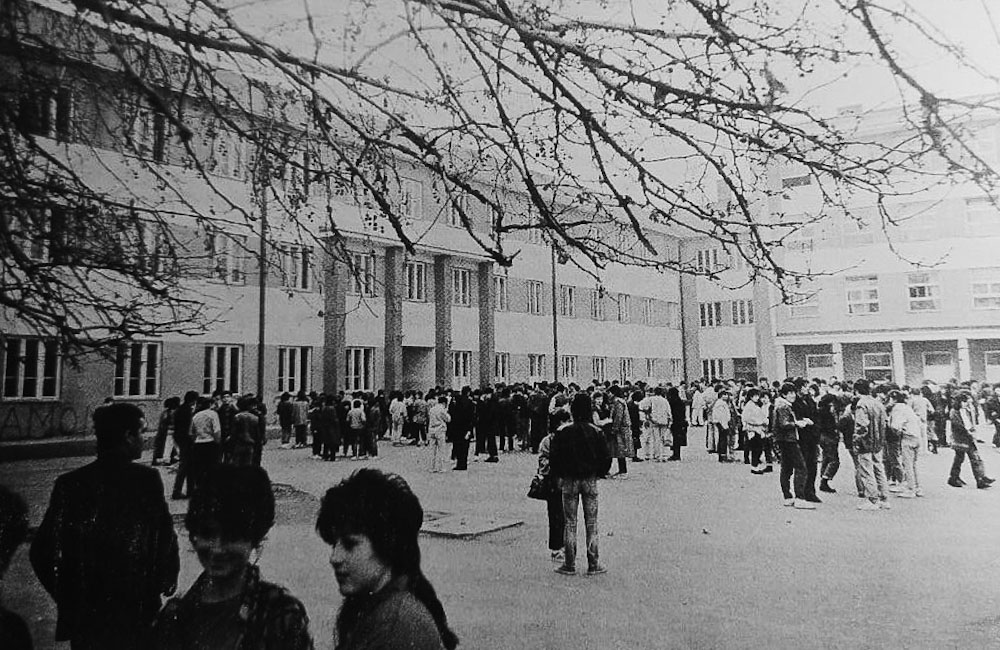
It was relocated again, this time to a building at Knjeginja Ljubica Street, where it remained until today.
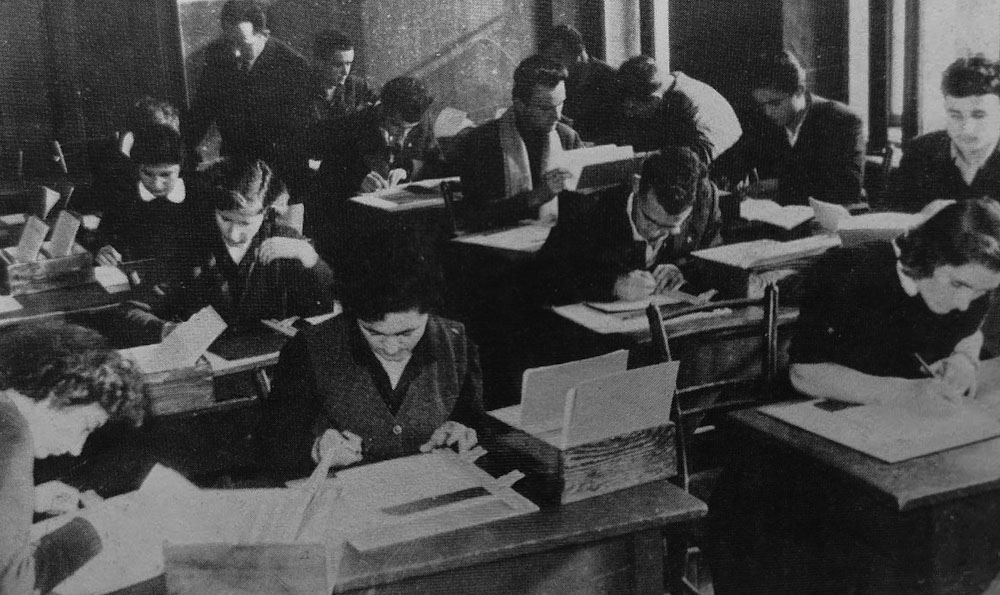
The name was changed once more into the School of Economics.
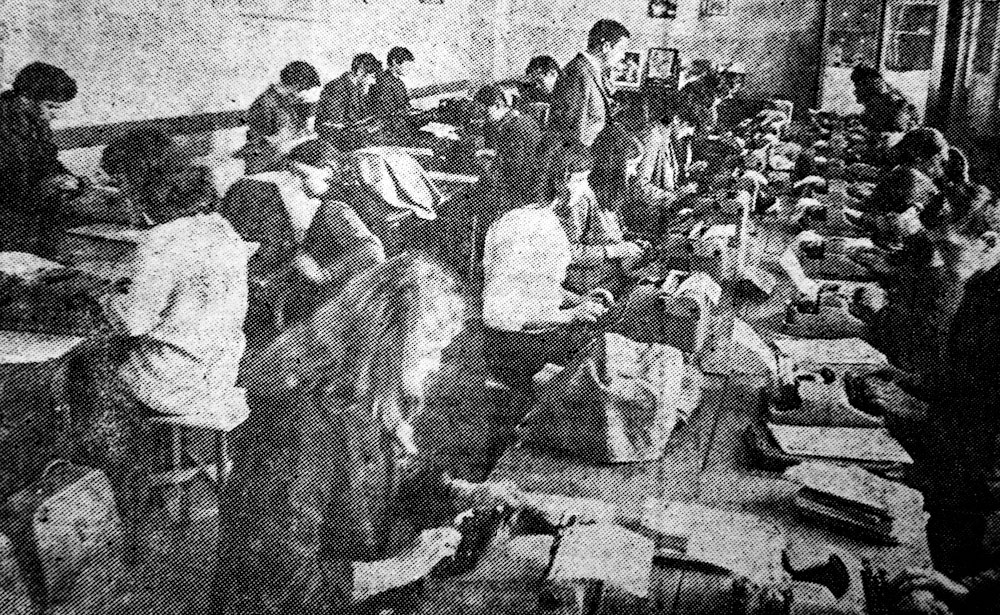
The school merged with the Boarding Institute for Practical Education of Catering, as well as with 12 merchant and 4 catering classes from the Workers’ School, becoming the Center for Economic Education.
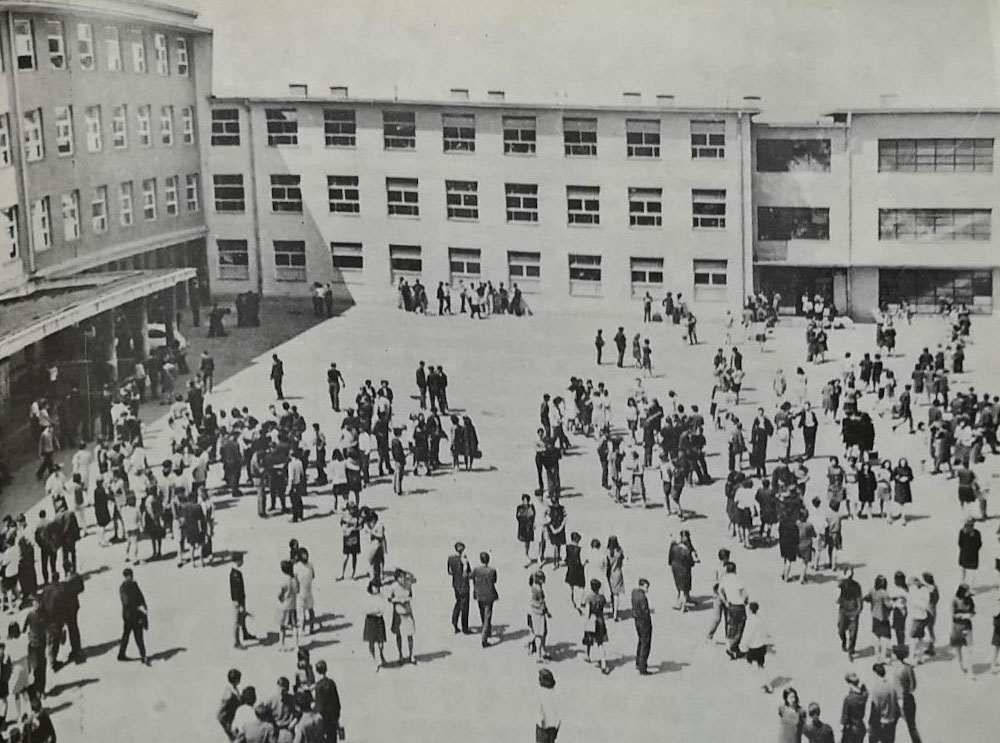
The school merged with three other high schools – Medical, Technical, and Gymnasium – to form a new Center of Directed Education “AVNOJ”, and the Department of joint basic education moved into the building.
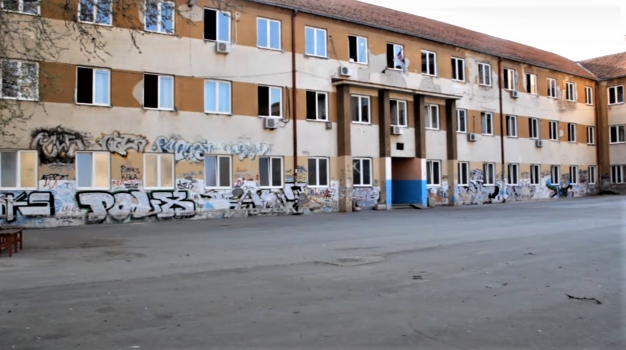
After the closure of the Center, the school becomes again The School of Economics and Trade.
School of Economics and Trade is one of the oldest specialized high-schools in eastern Serbia. It was founded in 1946 inheriting the tradition of the former Trade Academy in Zaječar. It offers high-school education in economics, law, administration, trade, catering, and tourism. Today, the school has 28 modern classrooms, a library, catering workshop, and students’ club.
In the 19th century the number of merchants, craftsmen and their shops in Zaječar constantly grew, hence there was a need for their affiliated societies and further education. Following the 1847 Guilds’ Law, six guilds were formed in Zaječar in 1849: of merchants and cloth dyers, tailors and fur-makers, shoemakers and candle-makers, bakers, gunsmiths and blacksmiths, and potters. In the same year, a group of merchant assistants and younger traders founded their own organization, Zaječar Trade Youth. It was founded with a goal to offer further education and organize cultural activities, so the society opened its own library (in the beginning located at Hotel “Bosnia”), organized parties (at “Big Kafana”), and organized travels. In order to provide a permanent space for its activities, but also prove its economic power, the Trade Guild erected its own building in 1904, where Zaječar theater is located at today.
Until late 19th century the merchants educated themselves mainly by working as apprentices. From 1880 the first generations of young men went to study in Budapest. The first significant results in professional education of merchants were made in 1903 after Zaječar Trade Youth opened their Sunday Trade School. It worked on Sundays at two classrooms given by then Boys’ Primary School, today school “Desanka Maksimović”. It had a four-year program and was managed by the teacher Sveta Ivković. After the break from 1905 to 1910 it was reopened mainly on an initiative by the Belgrade Trade Youth. It was financed by the state, but was closed down again after the outbreak of World War I. It was reopened on September 1st, 1921 and was divided into the Crafts School and Trade School.
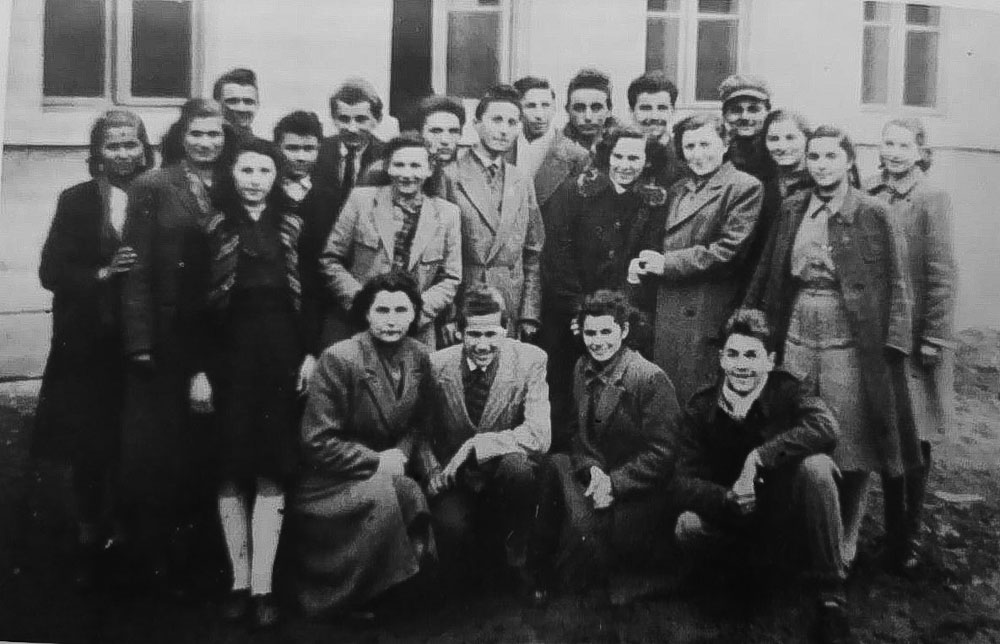
After World War II, the People’s Republic of Serbia signed on July 31st, 1946 the Decree regarding the opening of the Trade Academy in Zaječar. The Academy had one department and 81 students. During this period, it was located in one wing of the Gymnasium, today’s school “Ljuba Nešić”, and was led by the principal Evgenije Nešić. In 1948/49 it moved to the building of the former Girls’ Primary School, today’s school “Jelena Majstorović”, where it stayed for five years. In 1950 it was renamed into High School of Economics, and after the Gymnasium was moved to a new building in 1953, it returned to the Gymnasium building. In 1959 it was relocated again, this time to a building at Knjeginja Ljubica Street, where it remained until today.
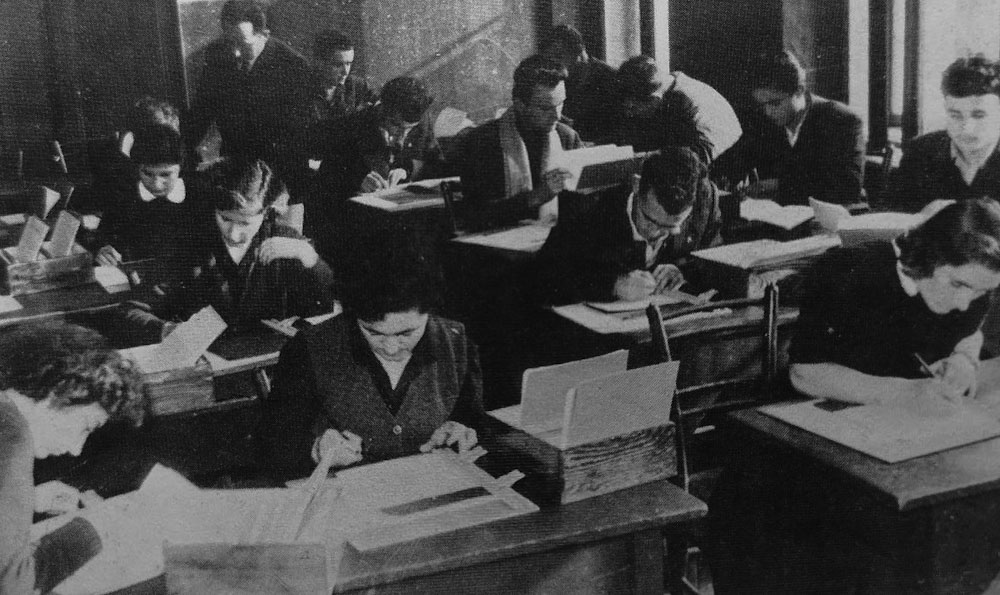
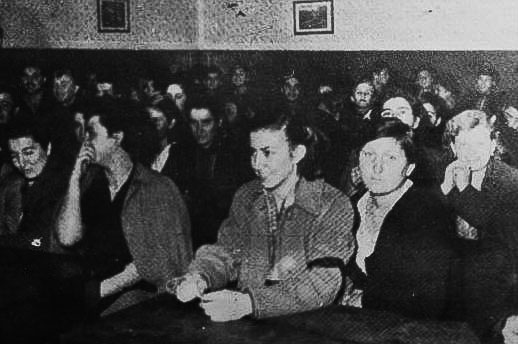
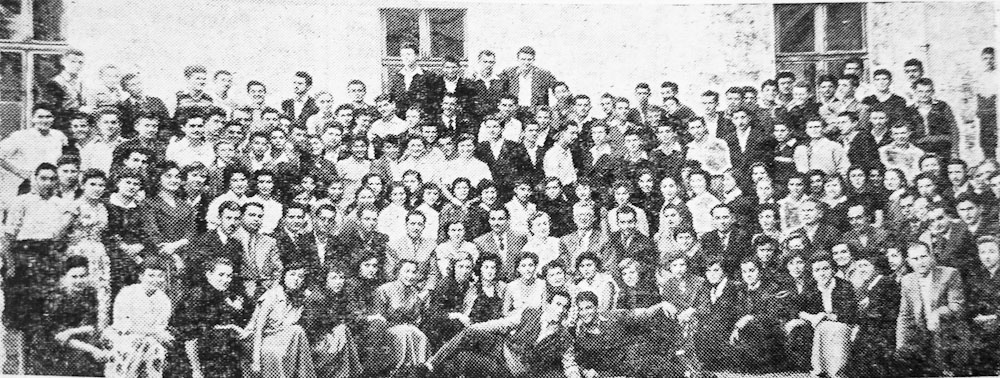
In 1961 the name was changed once more, and the school became the School of Economics. In 1970 it merged with the Boarding Institute for Practical Education of Catering, as well as with 12 merchant and 4 catering classes from the Workers’ School, becoming the Center for Economic Education. During next decade, the Center developed and evolved, but it always remained focused on its primary role of educating future economists, accountants, salesmen, waiters, and cooks.
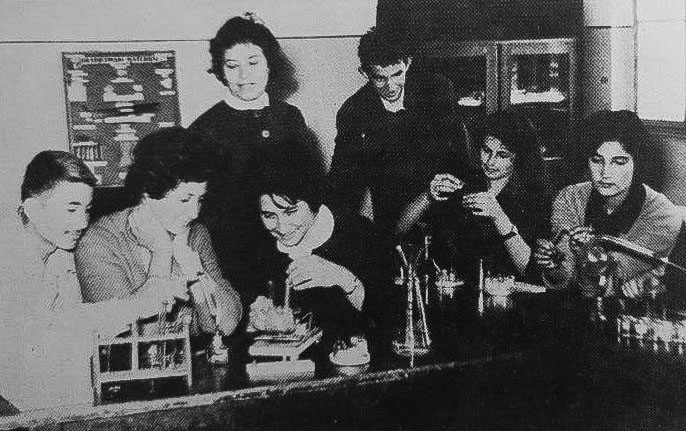
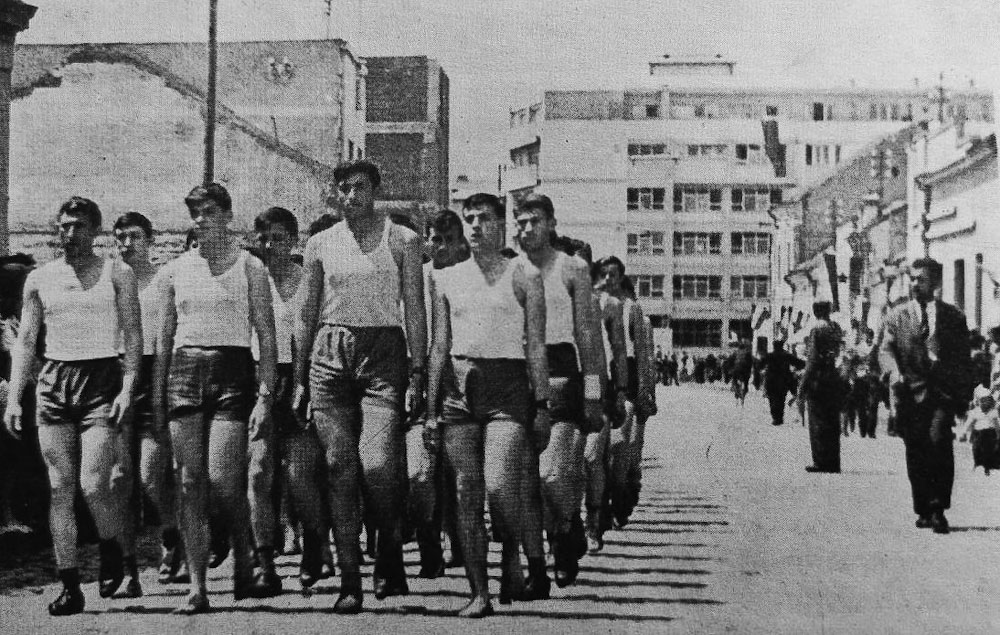
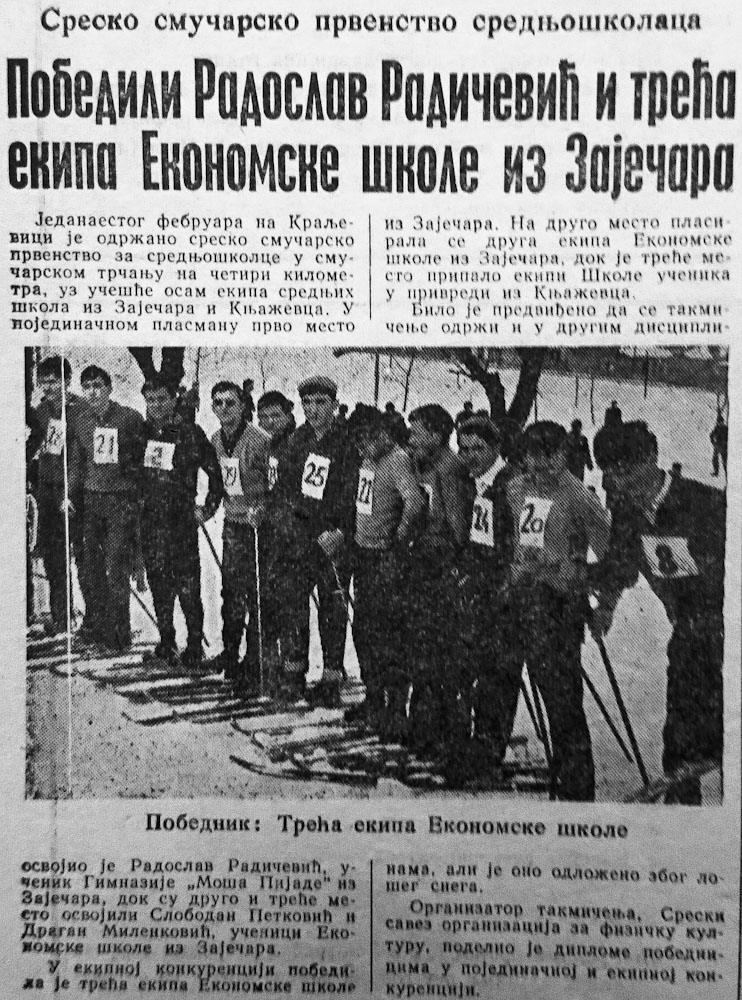
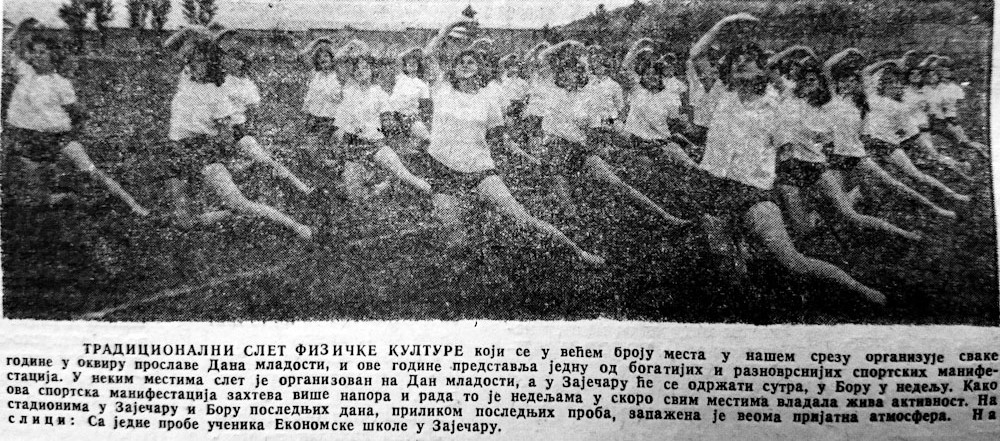
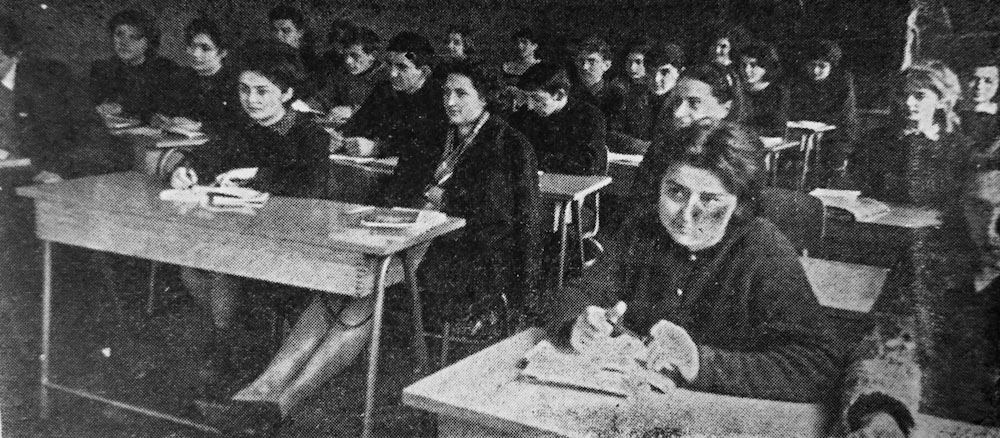
The next change took place in 1977 when it merged with three other high schools – Medical, Technical, and Gymnasium – to form a new Center of Directed Education “AVNOJ”, and the Department of joint basic education moved into the building. The reformed education consisted of two phases – the joint basis education, and theoretical and practical specialization. The reform failed to fulfill the goals, hence in 1987 the Center was officially closed and previous four high schools were reintroduced.
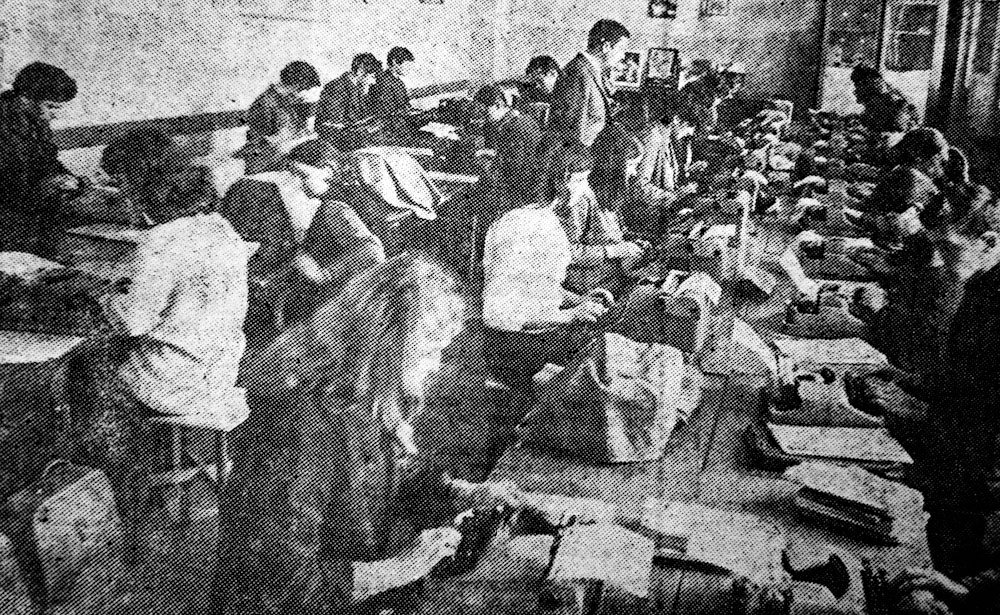
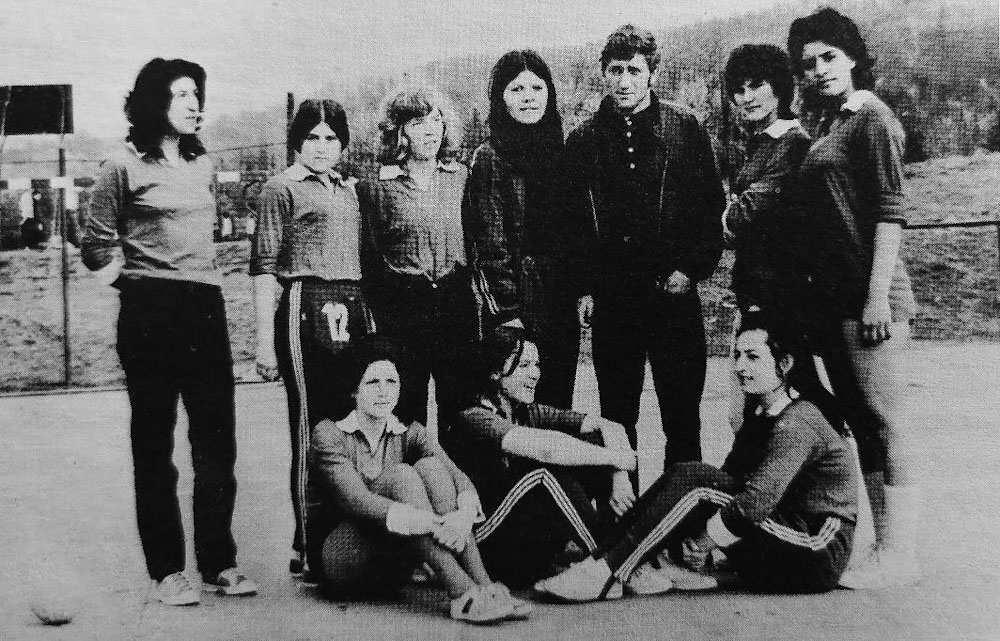
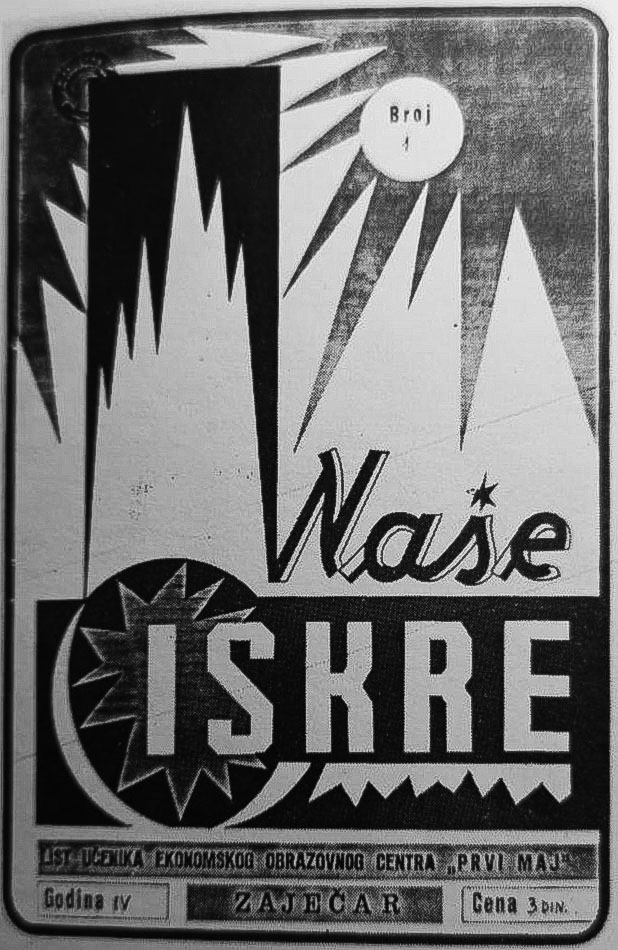
In 2018 the school consisted of 22 classes and 617 students, offering education in 7 professions: accountant, legal assistant, business assistant, financial administrator, tourism manager, salesperson, waiter, and cook. During its history, the school also offered numerous extracurricular activities – clubs for literature, theater, photo, traditional dances, typing, the Society of Sober Youth, scouts, skiing, Association of Mathematicians “Young Pythagoreans”, school journal, etc. The school also has a restaurant “BUM” ran by students, as well as a shop for the training of the salespersons, offices with modern equipment for the training of office managers, and three new outdoor classrooms in the school park.
SOURCES:
Ekonomsko-trgovinska škola Zaječar 1946/47–2016/17. Zaječar, 2017.
School Official Web Page: http://etszajecar.edu.rs/
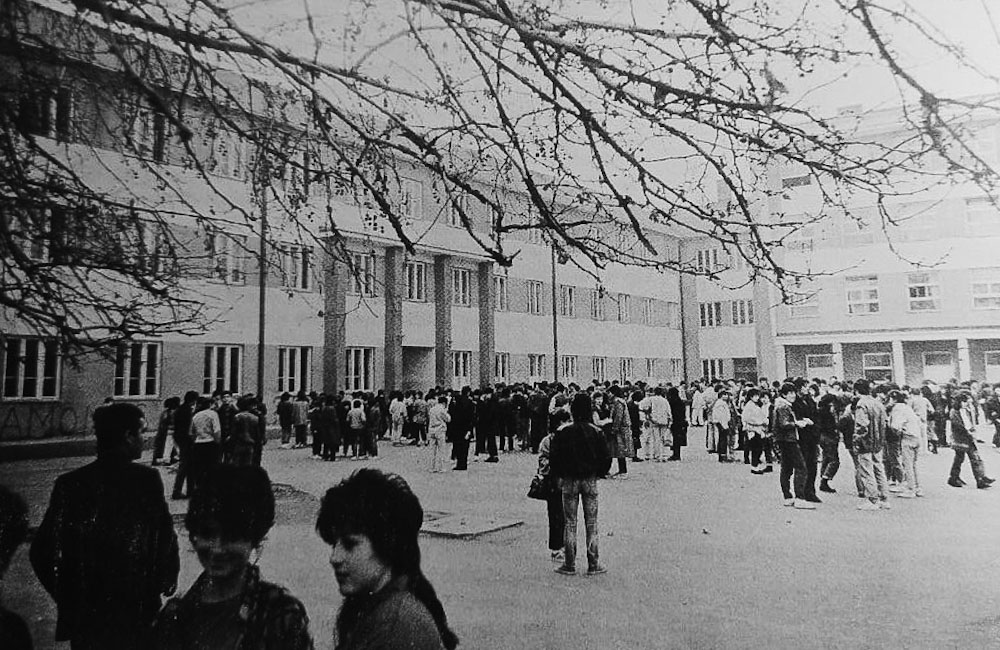
The School in the 1980s.
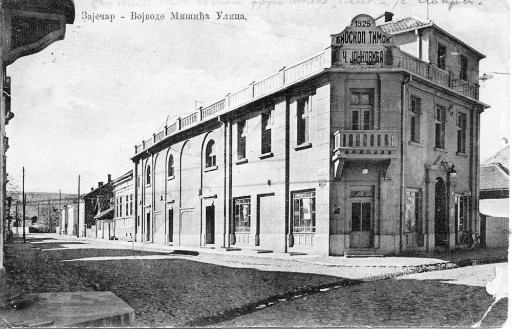
Zaječar's most famous cinema operated at this address for almost a century: from 1924 to 2010. It wa...
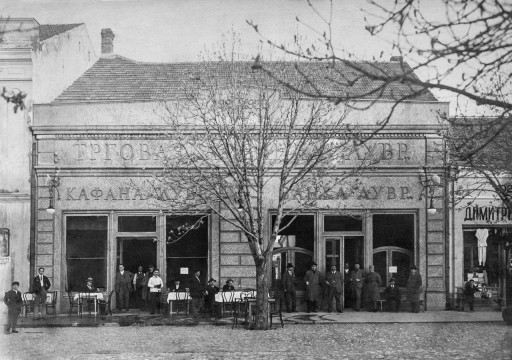
The building of one of the most famous Zaječar banks from early 20th century, The Commercial Bank "L...
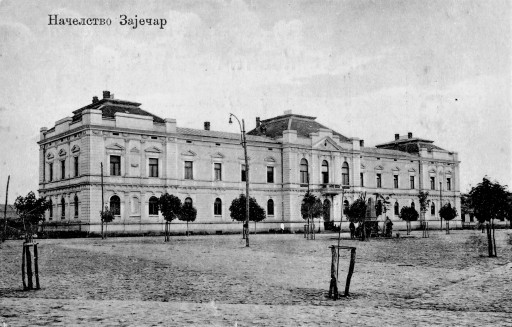
In 1907, the prominent Serbian architect Petar Popović designed the building of the Zaječar Magistra...
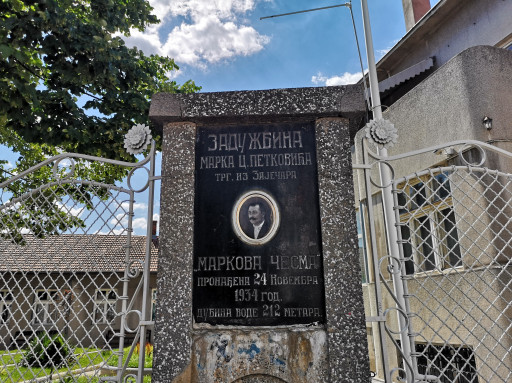
Zaječar's library is one of the oldest cultural institutes in town, with a tradition longer than 150...